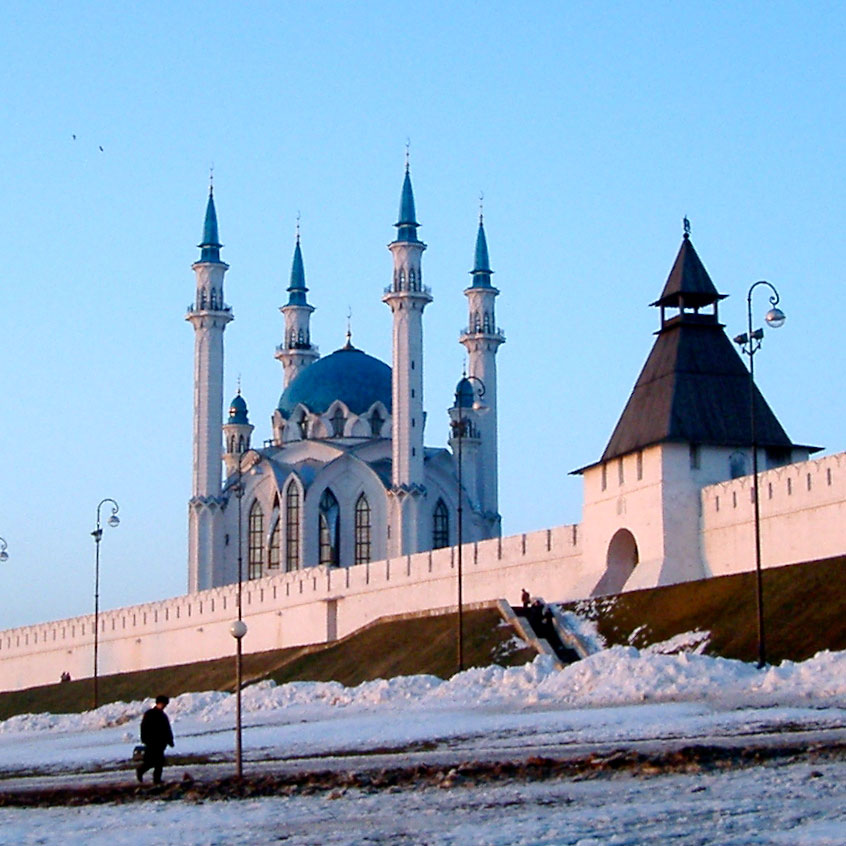Politics of Identities
The study of the politics of identity is a cross-cutting research area that draws faculty from a number of other areas of the discipline. Faculty and students interested in identity examine it as both cause and effect, studying the ways in which race, ethnicity, class, gender, sexual orientation, religion, and other politically relevant factors shape political behavior and attitudes. Doctoral students may qualify in Politics of Identity as a second field by preparing a field paper.
Politics of the Environment
Environmental politics is a cross-cutting area of research that draws on both departmental and university-wide strengths in the environment, including the Bren School of Environmental Science and Management, the Environmental Studies Program, and the Department of Geography. In addition to seven political scientists working on environmental politics, faculty studying environmental issues and graduate courses on those issues can be found in many departments, scattered across the social sciences, natural sciences, and humanities. Doctoral students may qualify by exam or a field paper in Politics of the Environment as a second field.
American Politics
Faculty and graduate students in American Politics study political institutions, public policy, racial and ethnic politics, gender and politics, electoral behavior, political parties, environmental politics, political economy of the US, public opinion and political behavior, and media & political communication.
Comparative Politics
Faculty and graduate students in Comparative Politics have wide ranging interests that encompass democratization, political institutions, political parties, identity, social mobilization, political communication, and politics of the environment. Area specialties include Latin America, East and South Asia, Russia and Central Asia.
International Relations
Faculty and graduate students in International Relations have expertise in political processes and outcomes at the international level. Specialties including conflict & political violence, international organizations, and international political economy.
Political Theory
The political theory subfield engages normative questions about politics. It includes faculty and graduate students from several departments, and it has particular interests in contemporary political theory, political concepts, democratic theory, and ethics & international relations.
Methods
The department places a high value on first-rate social scientific methodology. All doctoral students except those whose primary field is political theory complete one course in research design and data collection, one course in empirical measurement of concepts and statistical analysis, and one in multivariate statistical models. Many students also take advanced training in multivariate analysis, causal inference, and comparative methods. The university's Optional PhD Emphasis in Quantitative Methods in the Social Sciences provides further training and certification.











